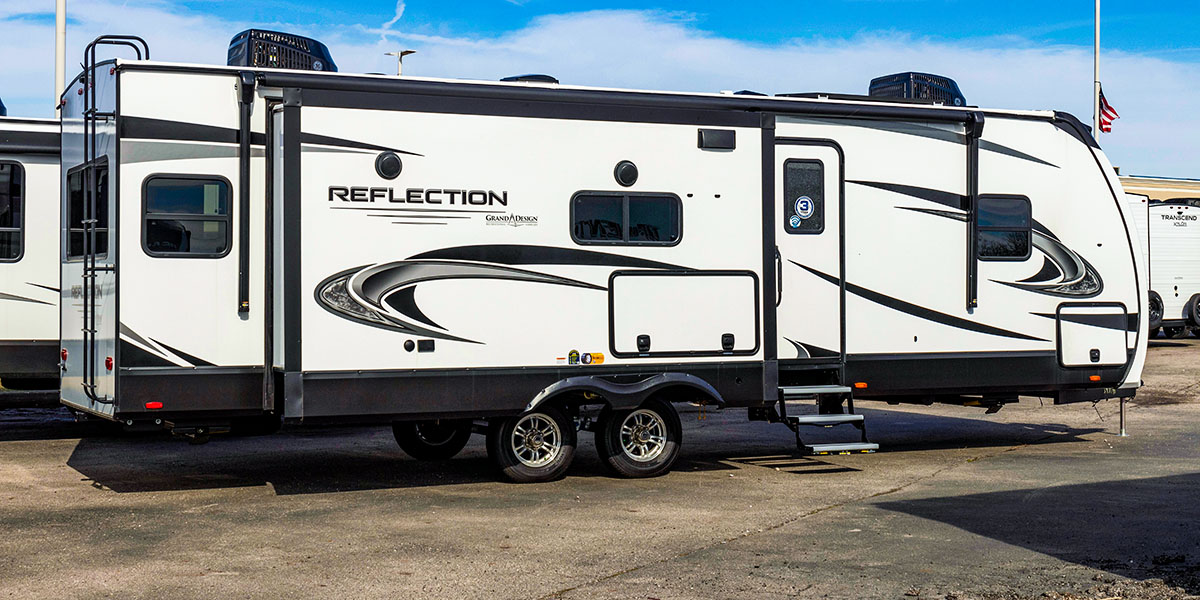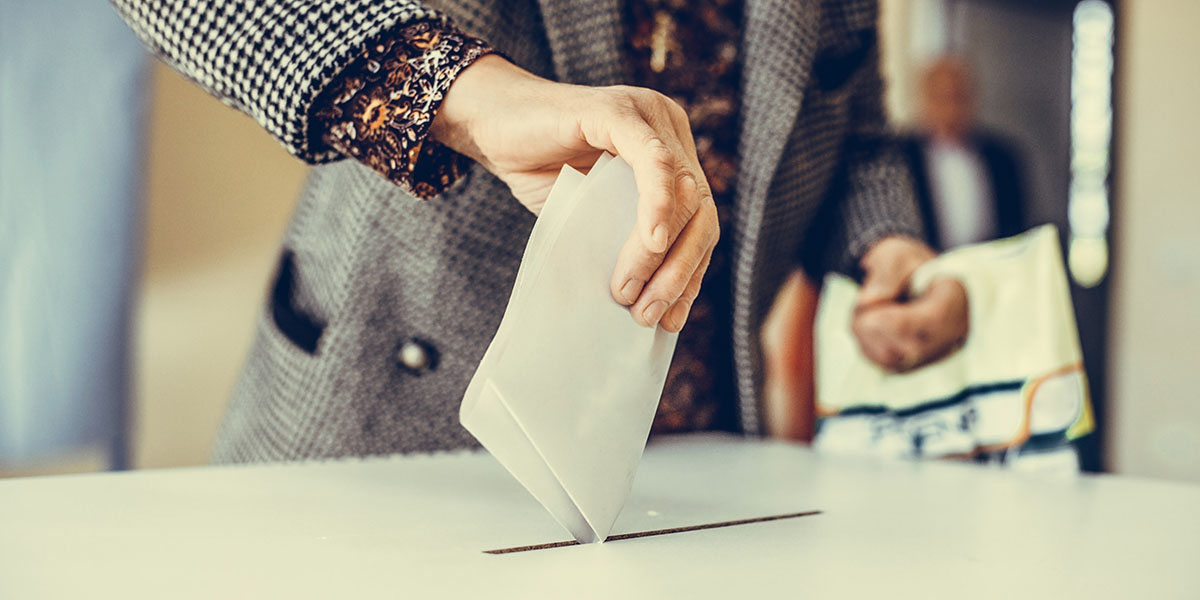Law firm Weitz & Luxenberg has filed a class action lawsuit against Winnebago and subsidiary Grand Design RV, alleging that the company knowingly marketed and sold defective RVs, and also prevented owners from receiving repairs under warranty. “Our suit is seeking to compel a recall and requests both monetary compensation and punitive damages,” the firm has announced.
What’s the Class Action About? What Models Are Affected?
The lawsuit concerns four models sold between 2020 and 2023 – Reflection, Influence, Solitude, Momentum – and anyone who purchased these units across the country is invited to join the class action.
James Bilborrow, partner and consumer protection co-chair of the firm, remarked, “These RVs are structurally unsound and unreliable when moving from one place to another. That makes these RVs dangerous – not only for our clients – but also for anyone else who might be on the road at the same time. It’s a catastrophe waiting to happen.”
Regarding Grand Design’s response to the plaintiffs, Bilborrow wrote, “The defendants did not fix the problem. They continued selling. They didn’t issue a recall. They initiated a cover up. They didn’t protect their customers. They prioritized profit.”
Transferable Warranties Introduced in Response to Owner Complaints
For a number of years, Grand Design RV has been the target of a number of user and reviewer complaints on social media alleging frame damage and other structural issues. As a result of the publicity, Grand Design announced in July 2024 that their warranties would be transferable to buyers of previously owned units, applying to units from model year 2020 onward.
Don Clark, President and CEO of Grand Design, commented on the announcement, “Our commitment to our customers is absolute and we stand behind every product we build. The aim was not only to extend the warranty but also to improve it, ensuring the well-being of both current and future owners.”

